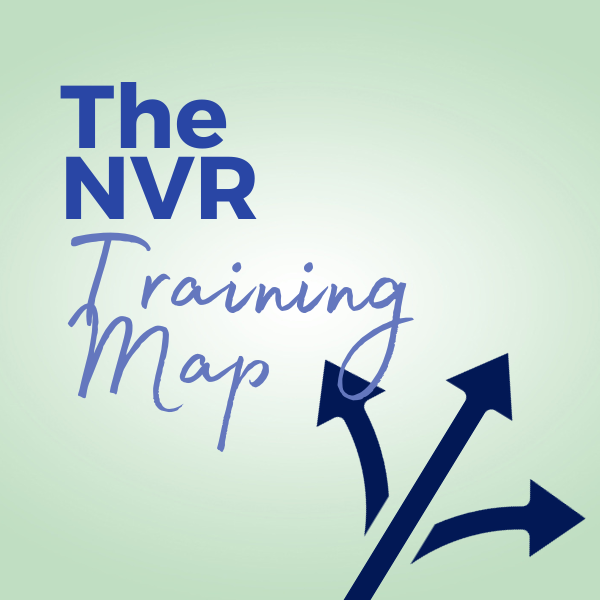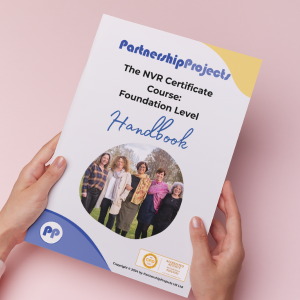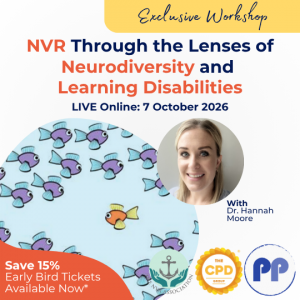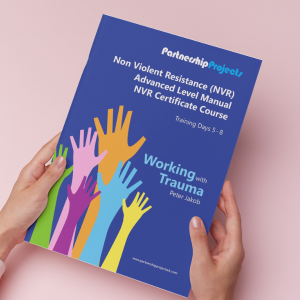 Teachers in loco-parentis isn’t as easy as it sounds. Taking on a new approach to the traditional NVR (Non-Violent Resistance) concepts and adapting the tools to be used in the ever-changing dynamics of the education system.
Teachers in loco-parentis isn’t as easy as it sounds. Taking on a new approach to the traditional NVR (Non-Violent Resistance) concepts and adapting the tools to be used in the ever-changing dynamics of the education system.
Have you ever had a teacher who made a positive impact on you that you remember to this day?
Connection Before Correction
Time spent building an authentic, honest relationship enables the impossible to become possible. Students seeing the humanity in the teacher allows for connections and relationships to be formed, which in turn allows for effective behaviour management to take place. This is not plain sailing; resistance is inevitable, but the rewards of seeing a young person flourish and overcome their challenges under your guidance are at the heart of NVR.
Teacher Presence
“Parenthood is a verb; it is something you do, not just who you are.” Knowing yourself is key in this process. Recognising your own strength and being able to identify personal triggers enables you to manage your responses to situations in a beneficial manner for yourself and the young person. Striking when the iron is cold, remembering the mantra ‘let it go’ and ‘basketing’, which behaviours are worth prioritising, can result in situations being de-escalated effectively, where all parties feel heard and have elements of self-control.
Announcement
Rupture, responsibility and repair. Taking on a new approach when things go wrong allows you to maintain the connection whilst addressing the behaviour. This enables the young person to take responsibility and understand consequences to their behaviour in an effective and child-centred manner. Adapting strategies like the age-old negative/authoritarian exclusion letters to be child-friendly and something they can relate to, rather than just words on a page. Using social stories and mentioning the young person’s positive attributes allows them to see that mistakes can be valuable life lessons that do not have to impact negatively on relationships that have already been built.
Reconciliation Gestures
“You cannot control the behaviour of others. Only your own behaviour.” Being self-aware allows you to focus on where your behaviour needs to change, not actively trying to change the behaviour of the young person. Allowing opportunities for you to also hold in mind potential unmet needs that could be impacting the young person’s behaviour. Recognising the need for silence, taking a minute and saying less and listening more can be key in de-escalating situations. This opens up space for reconciliation to be made. This could be a restorative meeting, a postcard or a phone call home.
A School’s Responsibility

Moving from ‘me to ‘we’ needs to become a collective ethos of educational establishments. We all play a fundamental role in ensuring that the NVR principles are embedded within education throughout the UK and beyond. Setting a precedent in loco-parentis allows us to model a positive and beneficial connection with young people that can be transferred from school to home.
“Let’s feel the fear and do it anyway… together”
Written by Francesca Kamei,
Assistant Head Inclusion & Designated Safeguarding Lead
NVR Association (NVRA) Accredited Practitioner
Accreditation Module Participant, 2024









